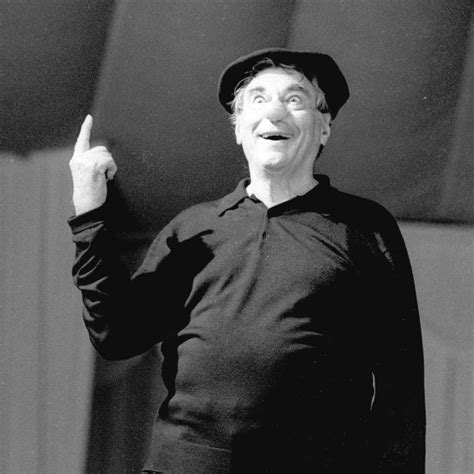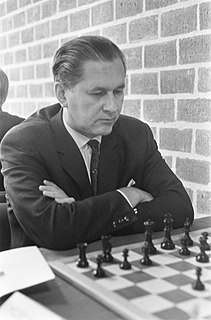A Quote by Friedrich Nietzsche
Truth is the kind of error without which a certain species of life could not live. The value for life is ultimately decisive.
Related Quotes
Error is a supposition that pleasure and pain, that intelligence, substance, life, are existent in matter. Error is neither Mind nor one of Mind's faculties. Error is the contradiction of Truth. Error is a belief without understanding. Error is unreal because untrue. It is that which stemma to be and is not. If error were true, its truth would be error, and we should have a self-evident absurdity -namely, erroneous truth. Thus we should continue to lose the standard of Truth.
We have arranged for ourselves a world in which we can live - by positing bodies, lines, planes, causes and effects, motion and rest, form and content; without these articles of faith nobody could now endure life. But that does not prove them. Life is no argument. The conditions of life might include error.
A belief, however necessary it may be for the preservation of a species, has nothing to do with truth. The falseness of a judgment is not for us necessarily an objection to a judgment. The question is to what extent it is life-promoting, life-preserving, species preserving, perhaps even species cultivating. To recognize untruth as a condition of life--that certainly means resisting accustomed value feelings in a dangerous way; and a philosophy that risks this would by that token alone place itself beyond good and evil.
From the point of view of the species, death is part of this whole process. You could say that species have evolved in such a way that individual members last a certain time. Perhaps a certain kind of species would be better able to survive if the individuals didn't last too long. Other kinds could last longer.
I was kind of raised with the suggestion that I had a duty to do; that life was real, life was earnest. And I hated that, actually. I needed to be liberated, to be told that I could live the life that I wanted to live; that I didn't need a job, or to be shouted at; that I could be myself; that I could be happy.
[Albert Camus] also says that nothing is true which forces exclusion. From that, you're obliged to accept contradictions if you don't want to reject certain obvious things about life, certain evidences. If you create a system, and you say 'here there is truth', in that kind of pathway [chemin], then you'll evacuate all the other pathways and you'll kill life. It's up to each individual.
I think that is one of the things that is beautiful about fiction and that you can do through drama. If I was a detective, I could make a certain version of everything we know to be exactly true. And that would have a certain kind of truth value. And there are certain other things that we know that are emotionally true.
The Gospel of Life is not for believers alone: it is for everyone. The issue of life and its defense and promotion is not a concern of the Christian alone. Although faith provides special light and strength, this question arises in every human conscience which seeks the truth and which cares about the future of humanity. Life certainly has a sacred and religious value, but in no way is that value a concern only of believers. The value at stake is one which every human being can grasp by the light of reason; thus it necessarily concerns everyone.
There is an old song which asserts 'the best things in life are free.' Not true! Utterly false! This was the tragic fallacy which brought on the decadence and collapse of the democracies of the twentieth century; those noble experiments failed because the people had been led to believe that they could simply vote for whatever they wanted...and get it without toil, without sweat, without tears. Nothing of value is free. Even the breath of life is purchased at birth only through gasping effort and pain.
And now because you are His child, live as a child of God; be redeemed from the life of evil, which is false to your nature, into the life of goodness, which is the truth of your being. Scorn all that is mean; hate all that is false; struggle with all that is impure Live the simple, lofty life which befits an heir of immortality.
you can't live life without consequences. They occur regardless of the decision. A consequence is an outcome, good or bad. You can live life without regrets and thats what makes it worth it. Or you could live with regret and end up hanging yourself but thats still good. You paid for the rope so your feeding someones family. Something to be proud of before you kick the bucket







































